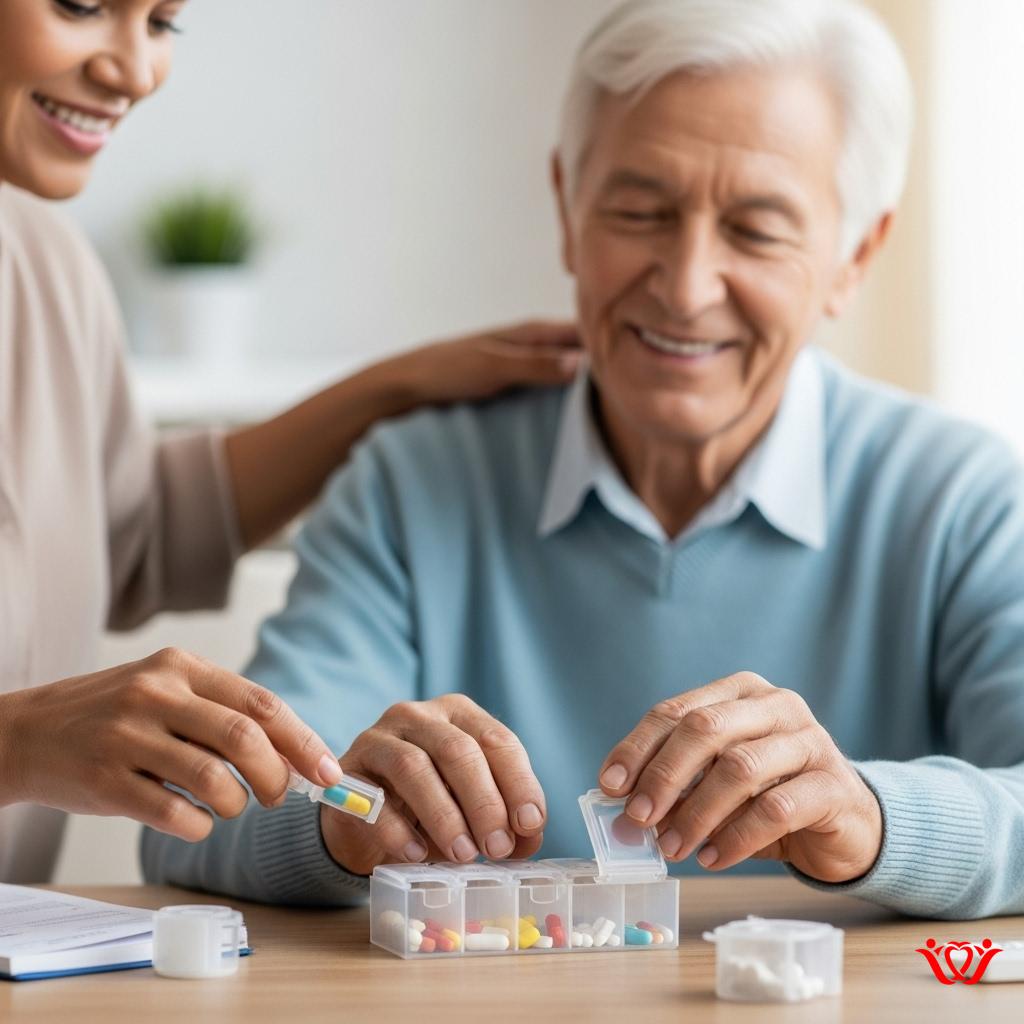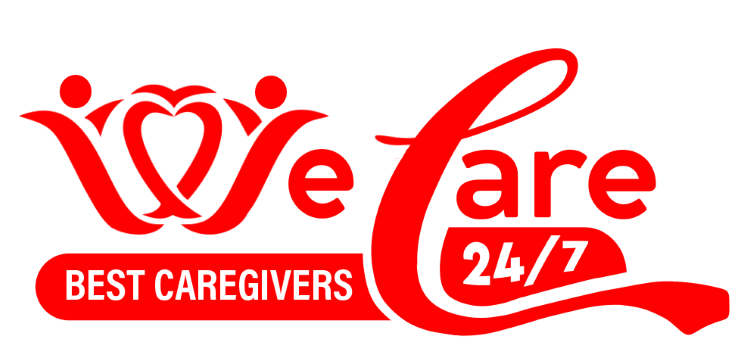Smart Home Medication Safety: Protecting Senior Health & Peace in New Jersey Homes

Enhancing Well-being: Smart Home Medication Safety for New Jersey Seniors
For many New Jersey families, ensuring the health and safety of their senior loved ones is a top priority. As individuals age, managing daily medication regimens can become complex, sometimes leading to missed doses, accidental double-dosing, or improper storage. These challenges can significantly impact health outcomes and quality of life. Fortunately, advancements in smart home technology offer innovative solutions, providing a robust layer of medication safety and peace of mind for seniors, their families, and caregivers across the Garden State.
This article explores how smart home medication safety systems empower seniors to maintain their independence, provide reassurance for adult children, and offer valuable support for dedicated caregivers of individuals with disabilities. We’ll delve into specific technologies and illustrate their benefits within the unique context of New Jersey living.
The Importance of Precise Medication Management for Seniors
Medication non-adherence is a substantial concern among the elderly population. According to studies, a significant percentage of medication-related hospitalizations in older adults are preventable. Seniors often manage multiple prescriptions for various chronic conditions, such as hypertension, diabetes, or heart disease, making adherence a demanding task.
The risks associated with improper medication management are serious:
- Missed Doses: Can lead to worsening conditions or ineffective treatment.
- Overdosing or Double Dosing: Poses a risk of severe side effects, toxicity, or emergency medical attention.
- Drug Interactions: Taking incompatible medications can cause dangerous reactions.
- Improper Storage: Can compromise medication effectiveness.
- Confusion: Difficulty remembering if a dose was taken or understanding instructions.
In New Jersey, where a considerable senior population chooses to age in place, these risks are particularly relevant. Supporting seniors in managing their health from the comfort of their homes becomes paramount.
What is Smart Home Medication Safety?
Smart home medication safety involves integrating technology into a senior’s living environment to assist with and monitor medication adherence. These systems leverage automation, connectivity, and data to ensure medications are taken correctly, on time, and safely. They can range from simple reminder devices to sophisticated integrated platforms.
Key Smart Home Technologies for Medication Management
1. Smart Pill Dispensers and Organizers
These devices are perhaps the most direct form of smart medication assistance. Automatic pill dispensers can organize weeks or even months of medication doses. They dispense the correct pills at programmed times, often with audible and visual alerts. Some advanced models can even connect to a caregiver’s smartphone, sending alerts if a dose is missed.
Example: A senior living in Trenton might use a smart dispenser that locks all but the current dose, preventing accidental double-dosing and sending a notification to their child in Cherry Hill if a dose isn’t taken within a set timeframe.
2. Medication Reminder Apps and Devices
Beyond dispensers, many apps for smartphones and tablets, or dedicated medication reminder devices, can provide timely alerts. These often allow for customized schedules, multiple medication tracking, and even visual cues for pill identification. Some apps also offer educational content about specific medications.
Example: A caregiver for an individual with a disability in Newark can program an app on a tablet to provide reminders throughout the day, ensuring consistent medication administration for their loved one, reducing caregiver stress.
3. Voice-Activated Assistants (e.g., Amazon Alexa, Google Home)
Voice assistants are increasingly integrated into senior care. They can be programmed to give verbal medication reminders, answer questions about prescriptions, or even initiate calls to caregivers in an emergency. Their hands-free operation makes them particularly accessible for individuals with limited mobility or dexterity.
Example: A senior in Edison could simply say, "Alexa, remind me to take my blood pressure medication at 8 AM," and receive a verbal cue at the appointed time, making adherence simpler and more interactive.
4. Smart Home Monitoring Systems
While not directly medication devices, broader smart home monitoring systems can indirectly support medication safety. Motion sensors can track daily routines, indicating if a senior is up and active at times when medication should be taken. Smart cameras (used respectfully and with consent) can allow families to check in remotely, offering peace of mind.
Example: An adult child in Jersey City can receive alerts if their parent in Toms River hasn’t shown activity around their usual morning medication time, prompting a quick check-in call.
5. Environmental Controls for Medication Storage
Some medications require specific storage conditions (e.g., refrigeration, avoidance of high humidity). Smart thermostats and humidity sensors can help maintain optimal indoor environments, protecting sensitive medications and preventing spoilage or loss of potency. This ensures the medication remains effective when needed.
Benefits for New Jersey Families and Caregivers
For Seniors: Empowered Independence & Health Outcomes
Smart home medication safety solutions promote aging in place. Seniors gain a sense of control and confidence, knowing technology is there to support them. Reduced medication errors directly lead to improved health, fewer hospital visits, and a better quality of life within their familiar New Jersey homes.
For Adult Children: Reduced Worry & Enhanced Oversight
Adult children often bear the weight of responsibility for their parents’ well-being. Smart systems can significantly alleviate this burden, offering real-time updates and peace of mind. The ability to remotely monitor medication adherence means less constant worrying and more focused, quality time with loved ones.
For Caregivers of Individuals with Disabilities: Streamlined Support
Caregivers, whether family members or professionals, often manage complex schedules and multiple responsibilities. Smart medication technology acts as an invaluable assistant, streamlining medication routines, reducing the chance of errors, and freeing up time for other essential caregiving tasks. This support can be especially transformative for caregivers supporting individuals with diverse needs across New Jersey.
Integrating Smart Technology with Professional Home Care in New Jersey
While smart home technology offers remarkable benefits, it complements, rather than replaces, the invaluable human element of care. A reputable New Jersey home care agency can seamlessly integrate these technological advancements into a comprehensive care plan. Professional caregivers can:
- Assist with setting up and programming smart medication devices.
- Ensure devices are functioning correctly and troubleshoot issues.
- Provide hands-on assistance with medication administration, as permitted by scope of practice.
- Offer personalized reminders and observation, adding a layer of human oversight.
- Communicate with families and healthcare providers regarding medication adherence and any concerns.
- Help seniors understand and adapt to new technologies.
This blended approach—combining cutting-edge technology with compassionate, skilled care—creates the most robust safety net for seniors and individuals with disabilities throughout New Jersey. It allows for personalized attention while leveraging the consistency and reliability of smart systems.
Choosing the Right Solutions for Your New Jersey Home
Selecting the appropriate smart home medication safety tools depends on individual needs, technological comfort levels, and specific health conditions. It’s recommended to:
- Consult Healthcare Providers: Speak with your loved one’s New Jersey physician or pharmacist to discuss medication schedules and potential technology aids.
- Assess Needs: Consider the senior’s cognitive abilities, dexterity, and existing routines.
- Research Options: Explore different products, read reviews, and compare features. Many reputable companies offer solutions tailored for seniors.
- Seek Professional Guidance: A trusted New Jersey home care agency can provide insights and recommendations based on their experience with various clients and technologies.
Investing in smart home medication safety is an investment in senior health, independence, and the collective peace of mind for families across New Jersey. By embracing these intelligent solutions, we can help our elderly loved ones live safer, healthier, and more fulfilling lives in the comfort of their own homes.



